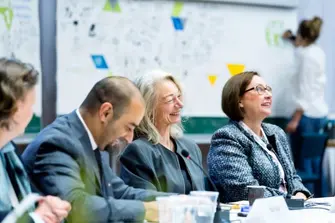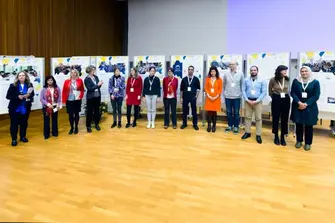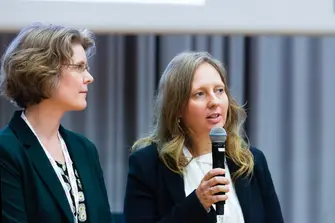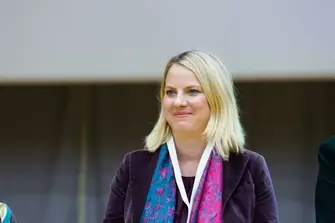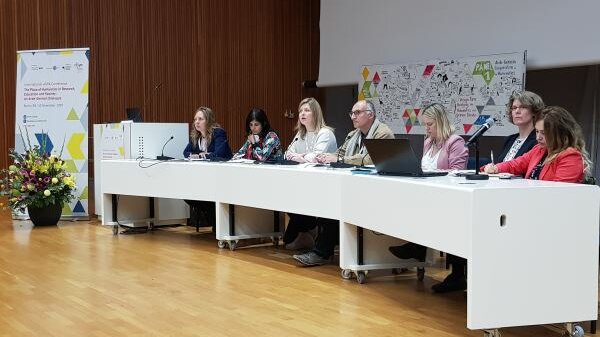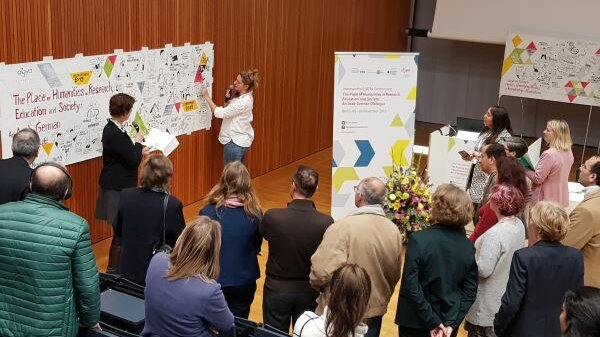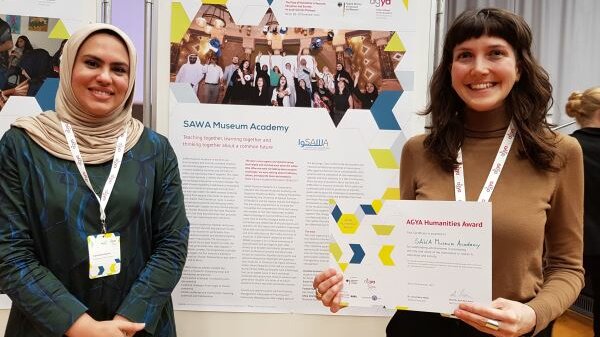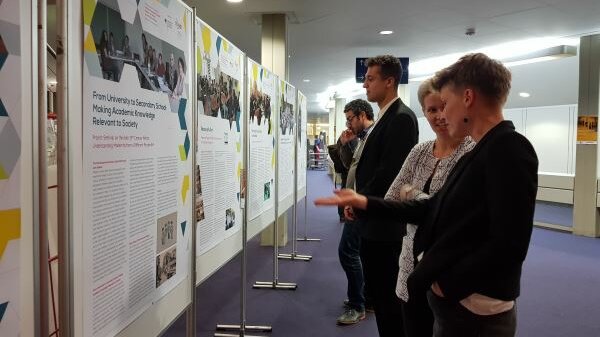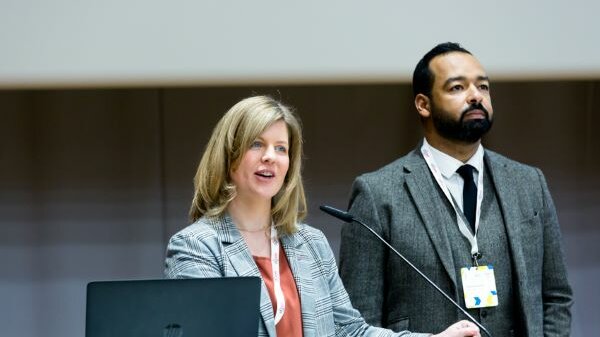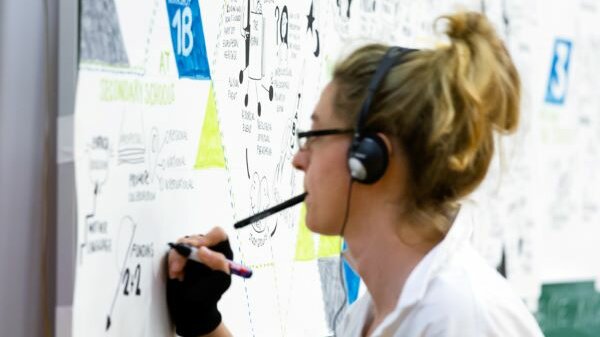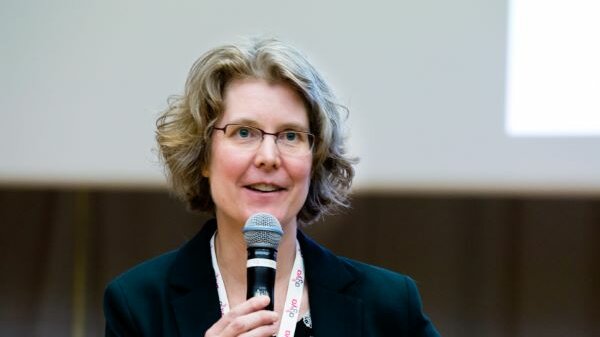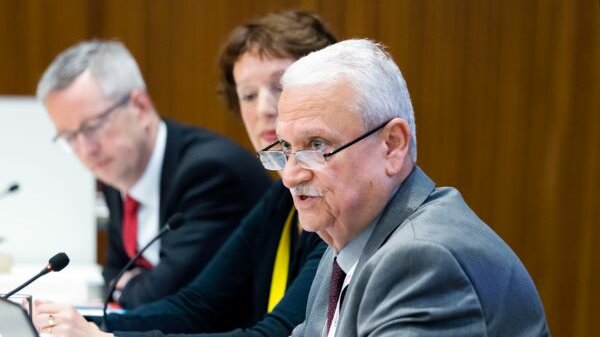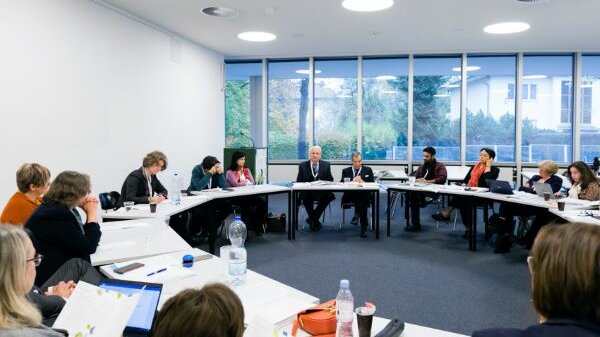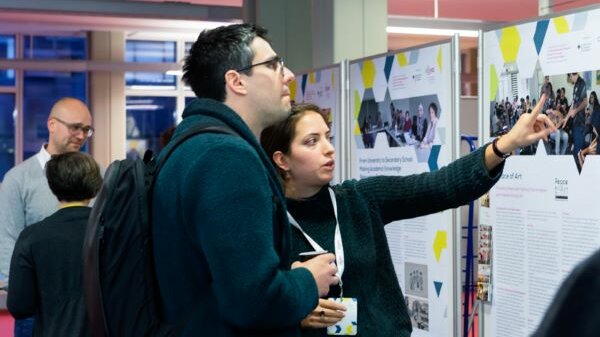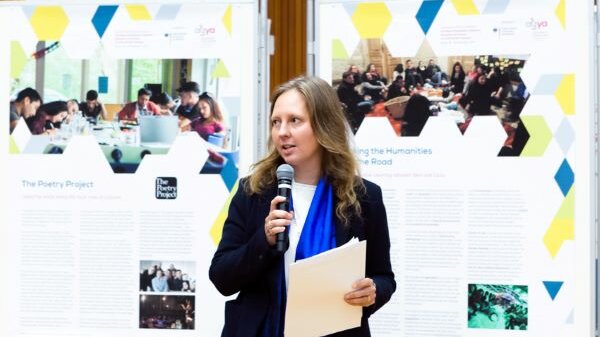The Place of Humanities in Research, Education and Society: An Arab-German Dialogue
The Place of Humanities in Research, Education and Society: An Arab-German Dialogue
Digitization and artificial intelligence, globalization, agriculture and sustainable resource production in times of climate change, genome editing and high-tech medicine, are highly topical issues of STEM disciplines (science, technology, engineering and math). These technological and ecological transformations are increasingly shaping our everyday lives, and they determine how we will live in the future. Hence, new challenges for society arise, requiring philosophers, historians, literary scholars, and artists to provide us the essential knowledge and a variety of perspectives to reflect on social change, our ethical values, and norms: the humanities help us make meaning of the future world and define our place in it.
The international AGYA conference aimed at exploring the potential and challenges of the humanities, engaging Arab and German key players in a multilateral dialogue.
In the Arab world and Germany, the humanities face common obstacles such as limited access to financial resources or their very relevance being constantly put in question. Specifically in the Arab world, the lack of prestige and status of the humanities make gifted students rather choose a career path in STEM disciplines. A restricted access to international knowledge production is also an issue in some Arab countries. In Germany, the job market for graduates of the humanities is comparatively precarious. Therefore, it is time to initiate a transregional dialogue about the role of the humanities, their standing in the academic field, and their impact on society.
What are the most challenging issues in the humanities today? How to teach humanities at universities and high schools to the next generation and what does it take to bridge the gap between sciences and humanities? What is the potential of digital humanities? The AGYA conference invited scholars of the humanities, scientists, and university officials from Arab countries and Germany to exchange ideas and share best practices, explore different strategies and benefits of Arab-German cooperation, and discuss the effects of funding policies. Last but not least, the importance and impact of humanities beyond the academic sphere were debated together with representatives of cultural institutions, media and funding institutions, policy makers, and creative minds: How to make the knowledge and the skills associated with the humanities accessible to a broader public?
The conference was organized by the Arab-German Young Academy of Sciences and Humanities (AGYA) in cooperation with Freie Universität Berlin, Westfälische Wilhelms-Universität Münster, Ruprecht-Karls-Universität Heidelberg and the American University of Sharjah. AGYA is funded by the German Federal Ministry of Education and Research (BMBF).
The opening event on 8 November was part of Berlin Science Week.
AGYA Award for Initiatives Communicating Humanities to the Public
During the conference, a prize was awarded to projects with special achievements in communicating humanities to a wider public. Following an international call for proposals, ten projects were invited to take part in a poster presentation during the conference.
The two best proposals/posters (one from the Arab world and one from Germany or another European country) were honored in an award ceremony on the second day of the conference:
1. Mubtadaa
Mubtadaa is an Egyptian initiative that aims to introduce high school students to critical humanities with hands-on activities in Arabic.
2. Sawa
Sawa Museum Academy is an educational programme for young professionals in museums in Arabic-speaking countries and Germany.
Date and Venue
08 – 10 November 2019
Freie Universität Berlin
Silberlaube, Hörsaal 1a
Habelschwerdter Allee 45, 14195 Berlin-Dahlem, Germany
